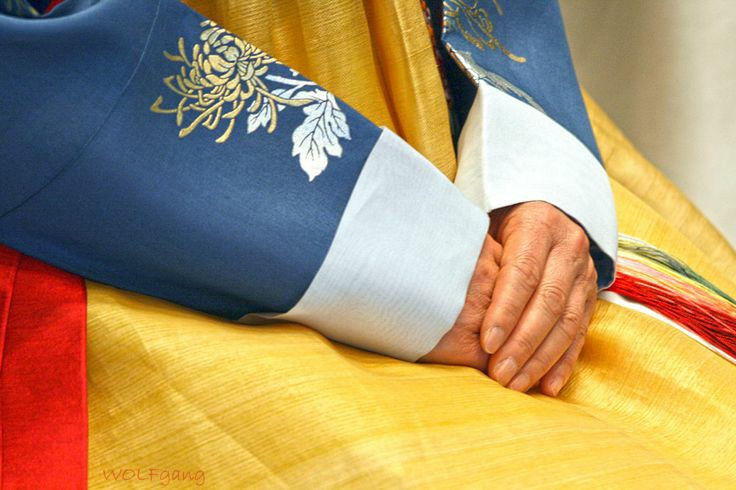












Please Look After Mom
Please Look After Mom
by Kyung-Sook Shin
Ratings : 4.5 / 5.0
Emotional and intellectual assault. That is how I will explain my reading experience of this book. It breaks you. Tears your heart open and makes your mind study all the shades of pain and anatomy of life lived by a body and a heart.
It is a story of a mother who goes missing before dying: isn’t this a mathematical multiplication of ‘absence’? An idea that unfolds a blankness, unwrappable therefore taking reader through a journey that is almost inexplicable except through art. Mother is a constant. Usually even when mothers are gone, they seem to be present what happens when you lose someone who is always finding things you lost?
This is a story of loss. A story of missing people. Departed. Lost evaporated. The lost is described in a pamphlet and this moment in the novel acts like magnet , attracting , attaching , attacking all the other characters by reminding them , they didn’t actually know her that well except for what she was to them. The four parts of the novel take us through three different character’s experiences with the lost mom and the last one gives the character’s and plot's conclusive voice to the absence.
The first part gives the reader an intimate insight into the character of the mother, her illness, her strengths her opinions through the mind of her daughter. The decision to trust her daughter’s voice rests in total limbo and complete balance by a sentence:
“Either a mother and daughter know each other very well, or they are strangers”
The second part begins when the son is reminded of all the favors and sacrifices, he had received unconditionally from his mom, even the extra bit. He bears witness for the reader to her character as the perfect even great mother. He seems to see her only as a mother.
Whereas the husband is surprised by things he did not know about her and in third part he is projecting the scenes of her early youth over her deteriorated state in which she was lost. In a way, taking us closer to the person she was despite being mom to his children. In the last part the married daughter, the mother herself , voice the narrative of gradual absence that a woman accepts by giving up her existence into the person she has become to others, and the transition is most undervalued when she forgets her person to be just a mom.
The last part takes us from Seoul to Italy, from regional cultural festivals to St. Peter’s Square where the unmarried daughter somehow finds the courage to accept and hence process the absence of the mother, as death.
On the intellectual terrain, well there is realism, there is magic realism as the character of mother moves about as a soul, as a bird she comes to visit. There is a lot of transcultural and ethnic references and ideas. The universality of loss, of mother’s role, of events that Shin hands the reader down with casualness and calm of the phrase, Please look after mom, is not to be trusted. It is not easy to be dismissed, the book stays.
BaSila Hasnain
03-10-2020


